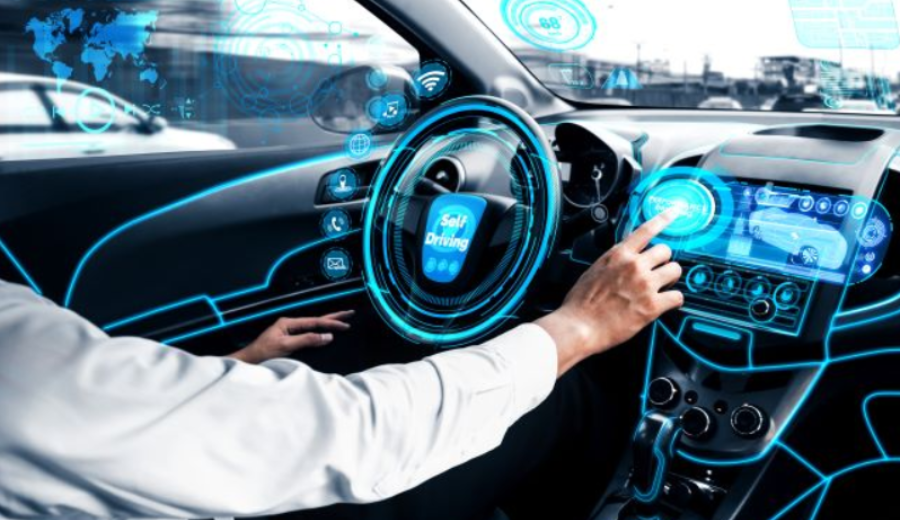By Sharon Smith | Automotive | March 10, 2025
For decades, automakers have been in a race to innovate, packing vehicles with cutting-edge technology to make driving safer, more efficient, and more luxurious. From AI-powered infotainment systems to sensor-equipped door handles and infrared night vision, cars have transformed into rolling computers. But is this rapid advancement making life easier for drivers, or is it doing the opposite?
According to a recent survey, driver satisfaction with car controls has plummeted from 79% in 2015 to just 56% in 2024. The reason? Overcomplicated digital interfaces and the replacement of traditional buttons with touchscreens.
The Growing Problem of Over-Engineered Vehicles
Many drivers now struggle with touch-sensitive controls that require precise navigation, often pulling their attention away from the road. Unlike the simple, tactile buttons of older models, modern systems require navigating through digital menus just to adjust basic settings like air conditioning or radio volume.
Several automakers, including BMW and Volkswagen, have already taken note of consumer dissatisfaction and are rolling back some of these futuristic features in favor of physical buttons and knobs.
While advanced technology in vehicles has its advantages, automakers might need to find a balance between innovation and usability. After all, no one wants to feel like they need a software engineering degree just to change the radio station.
WSJ – The Latest Car Technology Is Starting to Drive People Nuts
📖 Read more at Worlradar.io
















